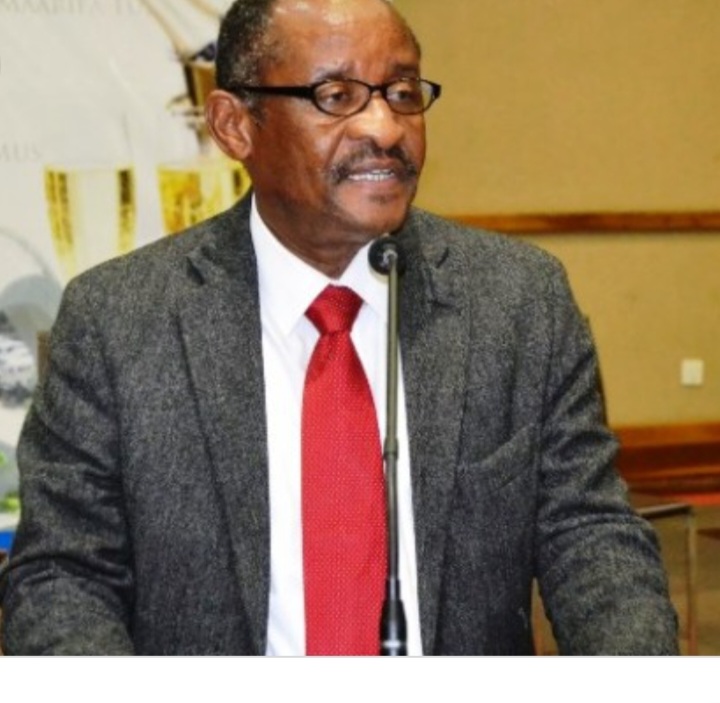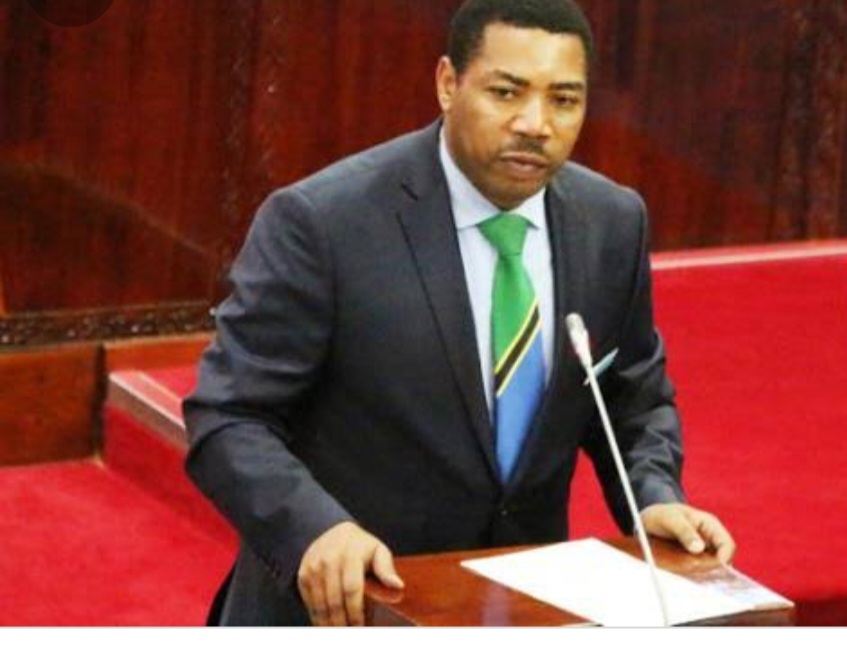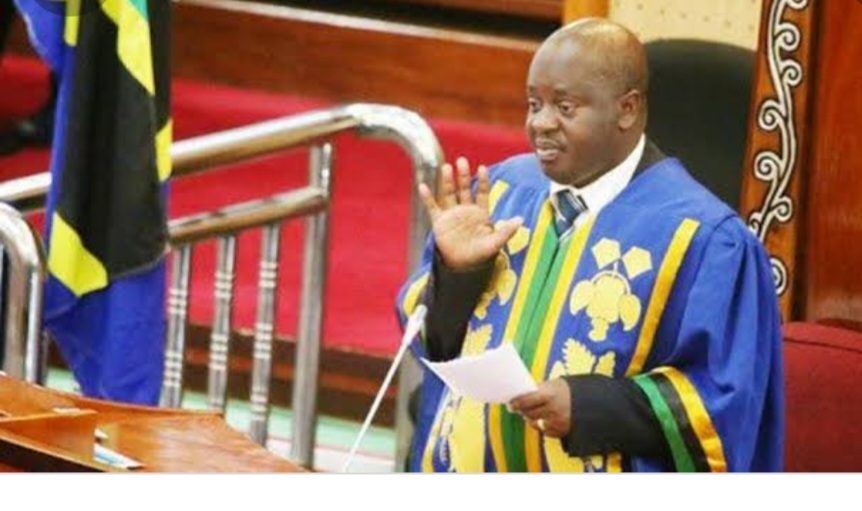ONE may ask, what is a Precariat Class?
It was Professor Guy Standing in his book titled, “The Precariat: The New Dangerous Class”, who defined it as the new lumpen-proletariat class that emanates from a dysfunctional trickle-down economics that serves the interests of those who are at the zenith of the economic ladder.
Although the Precariat, in sociology as in economics is a neologism for a social class formed by people suffering from precarity, which means existing without predictability or security, affecting material or psychological welfare; at the center of it is bad economics. Bad economics that answers questions of balance sheet instead of mass prosperity in matters of national economy.
One of such questions of balance sheet thinking is that of the borrowing binge and development on paper. But in practice, when the balance sheet thinking does not meet the mass prosperity destiny, the precariat class becomes a common feature of the growing economy.
The most current burning issue amongst Tanzanians, even to the common individuals upcountry is entrenched deeply following the resignation of the Speaker of the National Assembly, Job Ndugai.
That being the reality, still there are steps he had taken and one would like to anticipate of what is next.
But, still that is not very important than, going back in the post mortem of the cause of the cause, that caused other causes, the saying borrowed from the Latin language which says, “causa causae, causanti causantibus”…(translated in italics above).
We should look into the root cause of other causes. It follows therefore, one has to seek to know of what led Ndugai to act the way he did, be it his speech against bad loans and his forgiveness plea, but still a most major decision where he reached a point to decide to do or not to do as the Speaker of the Parliament.
It was the agendum of Ndugai that he was concerned with the mode of covering the national budgetary deficit, whereby borrowing is legalized. But, it is likely he smelt that, the allocation of what was borrowed could be another problem all together.
Some analysts are of the argument that, if Tanzania has been borrowing, and that more than 65 per cent are peasants upcountry, the allocation of that which has been borrowed, say the 71 trillion TZS, only less than 5% has been allocated to those poor peasants comprising almost 70% of Tanzania population and that from these peasants’ produce, loans are settled.
It is from this end when we go back looking into where are loans being invested and realize that, the rural majority of Tanzania population are apportioned but the least! It is here, where one can justify or verify as to why the most notorious corrupt missions are done in towns, capitals and cities.

If one mentions the corrupt episodes which have eroded part of these borrowed funds, no one is recorded to have emanated from all those 65% population in rural peasant Tanzanians.
All and almost all are elite crimes, and more often than not, those in power, be they seniors or sub-seniors have been the ringleaders in engineering deals whereby the loss from all these vices have been made a burden to the poor innocent peasants and the common laborer, be it through direct or indirect taxation.
This means the TZS 71 trillion loans currently recorded in Tanzania, is an exorbitant heavy burden mainly to be borne by the common citizen in Tanzania.
Examples of high-rocketing corruption missions which took place in Tanzania do indicate vividly that none of them was cooked in any village or a jungle, such Serengeti!
Even the Loliondo gate, was engineered by authorities based in the urban areas affecting the countryside! The Dowans, The Kagoda, The Richmond, the radar deal from UK, even dealers in purchasing the shoddy MV Bukoba were elites who are openly the eaters of the lion’s share of the amount borrowed, than the lion’s share being benefitting the rural producer-majority whose produce in-turn are part of the most readily available value to settle loans, not only from bilateral or multilateral funders, but also such as those attained from the Bretton woods Institutions (The Bank and The Fund)!
We are convinced quite logically, flowing like a water-fall down stream, that even there are no branches or primary courts for corruption upcountry but only in cities, mainly in a business capital namely, Dar es Salaam as it is the center for either good or evil missions, meaning business in merit and business in demerit tracking.
A corrupt hub, Dar es Salaam, full of elites, those righteous one, but over clouded by corrupt ones, and that is why spontaneously, it has been known by its inhabitants, including conmen and women, that is a notorious BONGO city. Bongo, a Kiswahili synonym is English is the Brain, but this kind of brain is not in merit usage of brains, or morally right, than spoils.
Not only in business circles, but holistic in all walks of life; such as the economic arena, political engineering, social cultural engagements, the academia, and even in religious modus operandi! Bongo name is mainly not a blessing nor morally positive but in reality, it is inclined onto corruption, a synonym of the Arabic word “fisadi” and brought in Kiswahili, in the first place by Kenyans along the coast meaning corruption the wholesale, at time meaning a sex-mania individual person (psychological disease if not a talent in sex philosophy)!
It is quite a day light open truth that Dodoma is not Bongo. It is better off to mention Mwanza, Arusha, to a lesser extent Mbeya and at a distance, Tanga. Dodoma and specifically, Kongwa, are the very vulnerable periphery, the torts of the ever celebrated loans!
Ndugai likely recalling to the reality, and still, he could have smelt a rat somewhere, if not a gang of rats and mice in taxing and collections taken by the Bongo-like-minded people in their own accord as business as usual.
Who knows, that there is another taxing-gate in the near future to come? The “fisadis” are still amongst us! Time will tell. Those days, the likely defunct political opposition was the public eyes!
Ndugai, had something, critics of the mother land should not be cheap, being taken and lost at sea by the Neo-Machiavellians (by cheating and tricky politics written by one real-philosophy-Italian about 500 years ago, this is none other than Nicolo Machiavelli)!
Ndugai is likely defending his people, from the torts in tax settling loan burden and by the fact that, those who have been beneficiaries though his people were and even are not real or central beneficiaries but remote or peripheral ones!
Heads have powers to borrow anyhow, spend as “mafisadi” are used to doing without questioning any, at times by orders from above, and later on plunge (immerse/sink) innocent and poor Tanzanians in settling these high rocketing loan records! Who is sacrificing to talk for the poor if not the lamb like what Ndugai did?
MORALS IN MANAGEMENT
Given the standing laws and likely a shaky leading political ideology of which can be remotely defined as pseudo-capitalism, as there are no leaders’ code of conduct avoiding the conflict of interest, it follows therefore that, our leadership in in a trap if not in temptation to just sail in recurrent conflict of interest!
Leaders are business people, company directors, entrepreneurs and others would like to raise their economic capital, political and social status by any ideology wherever possible and at times by any means (by merits and demerits).
Mwalimu Julius Nyerere, on morals in management or administration, was of the vision and clarity, to any one aspiring to be a political leader. He aimed at a leader looking like a common citizen down street.
Not to have leaders who are fully fed and never knowing how hunger tortures the common man and woman down street. By then any political aspirant was not supposed to have a house for renting, be director in a trading or any company and have no shares in any enterprise.

He had put it clear that any aiming at a leadership was to choose, to either remain in business or go political. But, today, leaders we have got are hunting capital, more often by any means, wealth in any form so as to enhance their enterprise, they do not know who is poor, one suffering from hunger or the paupers down street living under half a dollar per day!
When their deals are okay, they acknowledge that all can survive if bread is scarce, then a cake is an alternative for all Tanzanians! Egoism and selfish in such an ideology are likely to let those led, suffer at the expense of the political local investors (the current political leader), some of them do get involved in corrupt deals.
These are locally known as “mafisadi” the corrupt clique. Logically, the swindlers of borrowed funds to be paid by all Tanzanians! Haves (local investors including governors) are likely to settle 5% of the whole loan (now TZS 71 trillion) as the rural Tanzanians ought to cover more than 90%.
If this is the reality, and if Ndugai sensed any embezzlements on over-the-phone remittance commission charged (the so called tozo za miamala) and loan mismanagement, internal and external current and future effects, why not to shout boldly the way he did?
With no morally determined and refined strict management, it doesn’t matter how soft terms the loan will be, including grants, the viability of Tanzania borrowing status, potentials in developed, semi-developed or even undeveloped natural wealth reserves we have, volatile management under the current loose leaders’ code of conduct, including excessive powers of the presidency of which some Bongo people including those from the state house or even regional and district commissioners do deploy under the so called, “maagizo kutoka juu” are the setback in Tanzania development, including tax avoidance and evasion and hence not being part of Tanzanians settling borrowed loans at the disguise of the powers of the presidency.
Yes, we are not against borrowing, but to what extent do we invest in the majority of our people who in turn are the most loan burden settlers, those in the countryside? Still, are the so called ’mafisadi’ (corrupt leaders past away)?
Do we have any stern system to task them? What about if the president is part of the corrupt engineers? Why have we expanded “immunity” to seven top leaders in Tanzania, does it mean we have more saints than a single immunized President we had?
It should be noted that, borrowing amid corrupt management is like fishing in troubled waters! It’s like filling water in a basket!
Even if we borrow TSZ 71 trillion x 70 trillion now, and have minerals like soil, and a lot of globally recorded natural fortunes Tanzania has; with no leadership and or the management of impeccable integrity, results will be lethal or a curse in whatever soft-loans and grants we have and those coming up in poor Tanzania!










